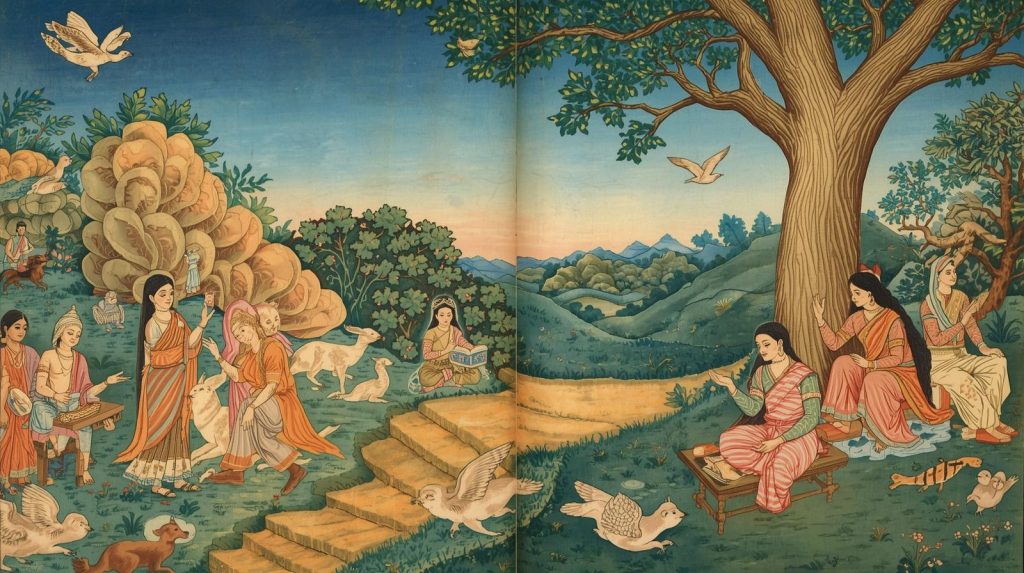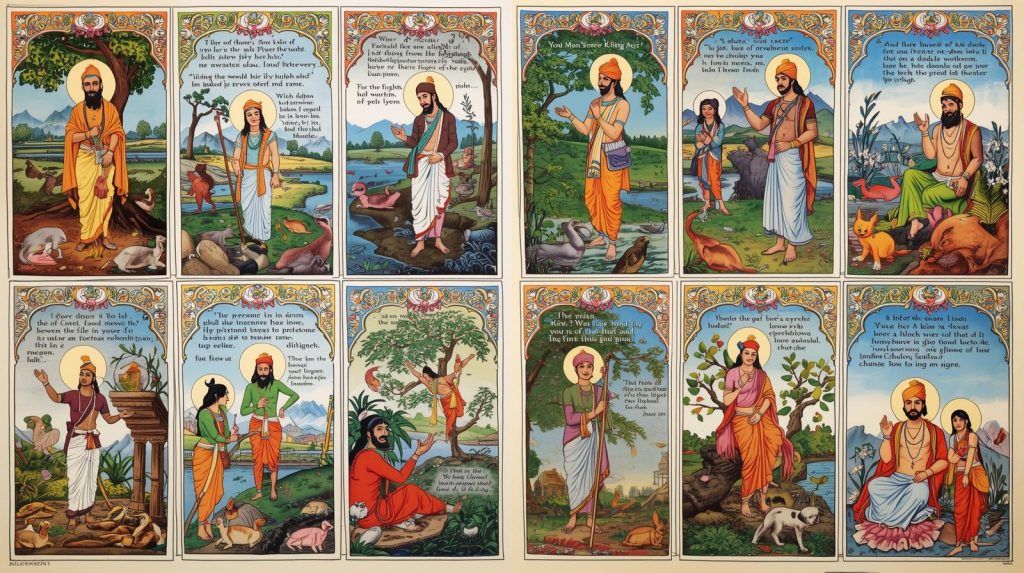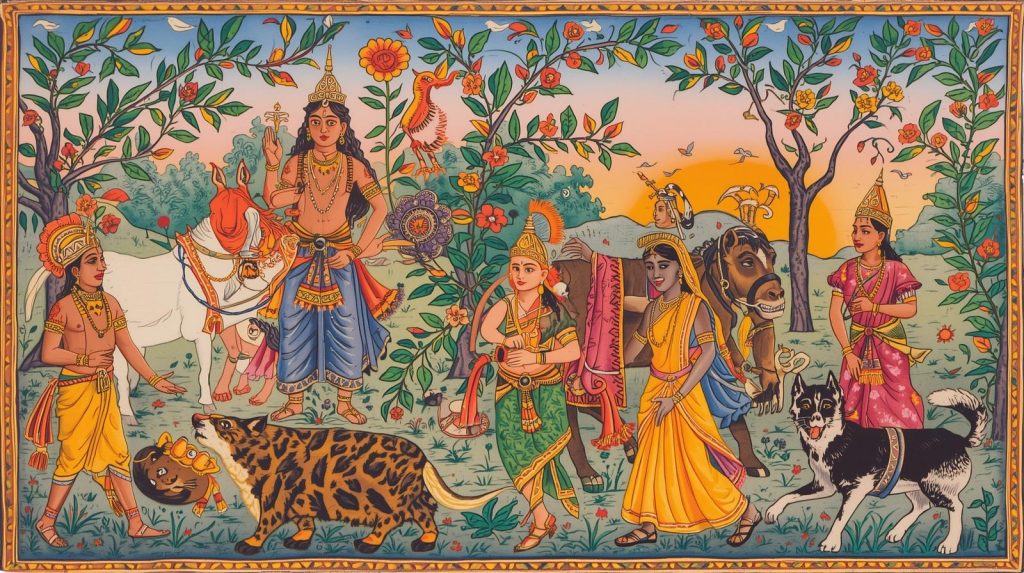Birth and Auspicious Omens
Suparshvanath Swami was born in Varanasi to King Pratishtha and Queen Prithvi Devi. At the time of his birth, it is said that fourteen auspicious dreams appeared to the queen, symbolizing the arrival of a divine soul destined for greatness. These signs assured the royal family and the people of Varanasi that their prince would become a spiritual guide for humanity.

The Prince Who Chose Renunciation
Though born into luxury, Prince Suparshvanath was deeply moved by the suffering he saw around him. Unlike other rulers who sought power, he chose the path of renunciation. This story highlights his extraordinary sense of compassion and detachment from material life. Instead of ruling kingdoms, he sought to conquer his inner self—a greater victory than any worldly conquest.
Story of the Swastika Symbol
The emblem of Suparshvanath is the Swastika, representing spiritual prosperity and the four possible states of existence. A popular parable explains that just as the swastika’s arms point in different directions, life offers many paths. Suparshvanath’s teachings guide devotees toward the upward spiritual path, leading to liberation, rather than being trapped in the endless cycle of birth and death.

Overcoming Temptations
It is said that during his penance, Suparshvanath faced many distractions and challenges designed to break his concentration. With unwavering focus, he overcame these temptations, demonstrating the power of inner discipline. This story is often told to inspire devotees to remain steadfast on their spiritual journey despite worldly challenges.
Attainment of Keval Jnana
After years of meditation and penance, Suparshvanath Swami attained Keval Jnana (omniscience). This story signifies the reward of patience, discipline, and faith in the path of Dharma. His enlightenment marked the beginning of his role as a teacher, spreading wisdom and showing the way to liberation for countless followers.
Legacy in Stories
These stories and parables are not just historical accounts but also spiritual lessons. They emphasize the importance of self-control, compassion, and truthfulness—virtues that are as relevant today as they were thousands of years ago.

